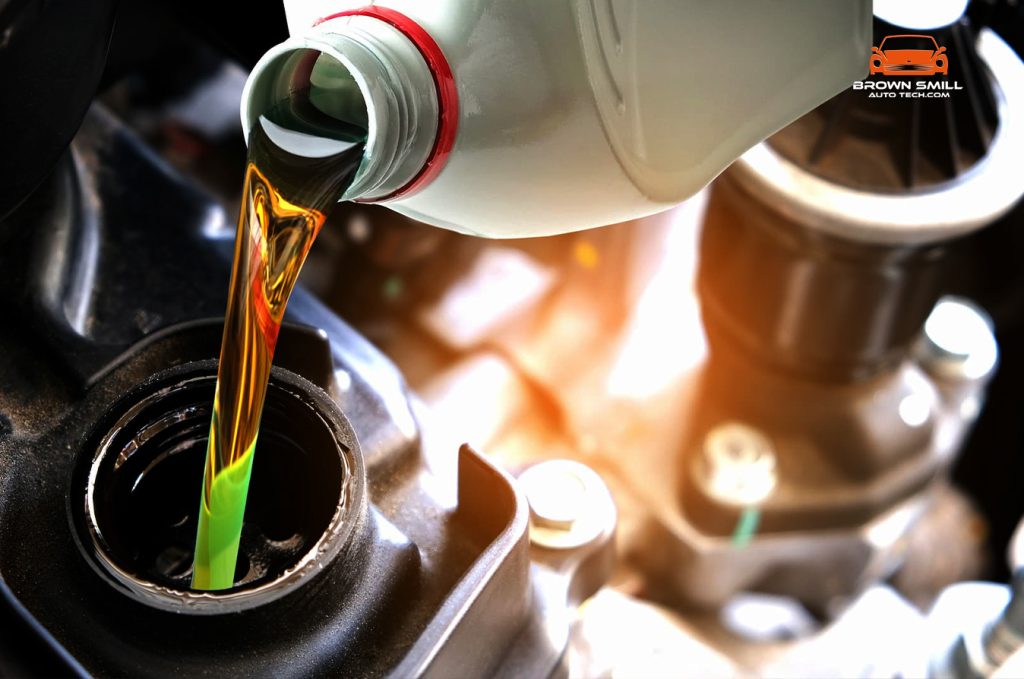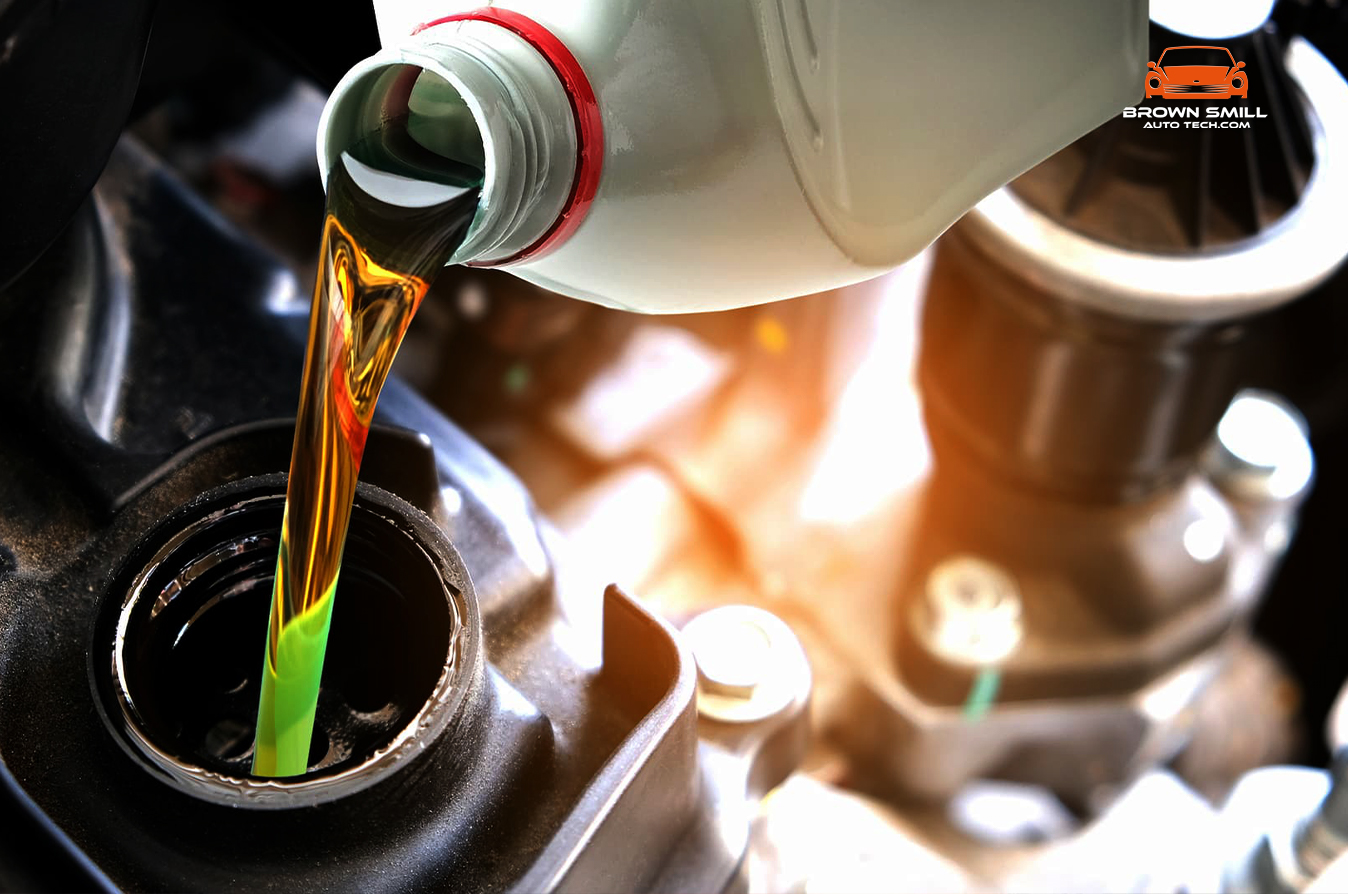Yes, thicker oil will increase oil pressure. This is because more viscous oil has a higher viscosity, which means it is more flow-resistant. As a result, the pump has to work harder to push the oil through the system, which increases pressure.
As engine oil gets thicker, its ability to flow decreases. This can lead to increased oil pressure, as the oil has to work harder to get through the engine. The increased pressure can put a strain on the engine, leading to decreased performance and fuel economy.
Will Higher Viscosity Oil Raise Oil Pressure?
It is a common misconception that higher viscosity oil will raise oil pressure. This is not the case. In fact, higher viscosity oil will actually lower the oil pressure.
The reason for this is that high-viscosity oil has a higher resistance to flow than low-viscosity oil. This means that it takes more energy to pump high-viscosity oil through an engine than it does low-viscosity oil. As a result, the pumping action of the engine will create less pressure with high-viscosity oil, leading to lower overall oil pressure.
What Oil to Increase Oil Pressure?
If your car’s oil pressure is low, there are a few different things that could be causing the problem. The first thing you should do is check the oil level to make sure that it isn’t too low. If it is, add more oil until it reaches the proper level.
If adding oil doesn’t fix the problem, then the next step is to check the oil pressure sensor. This sensor can sometimes get dirty or faulty and will need to be replaced if that’s the case. Finally, if neither of those solutions works, then it’s likely that there is an issue with the engine itself and you’ll need to take it to a mechanic for further diagnosis.
How Do I Increase Oil Pressure?
If your car is low on oil, it will cause the oil pressure to drop. The first thing you should do is check the oil level and add more if needed. If that doesn’t solve the problem, there could be an issue with the oil pump or a clogged oil filter.
Will Thin Oil Cause Low Oil Pressure?
Oil pressure is created by the force of oil pushing against the walls of the engine. If there is not enough oil, or if the oil is too thin, it will not be able to create enough pressure and low oil pressure will result. This can cause serious damage to your engine as parts begin to rub together without lubrication.
It is important to check your oil level regularly and top up as needed, using the correct type of oil for your car.
Does Thicker Oil Increase Oil Pressure?

Will 10W40 Increase Oil Pressure
If you’re looking to increase your oil pressure, 10W40 is a good option. This thicker oil provides more protection for your engine and can help to increase oil pressure. However, it’s important to consult your owner’s manual or a mechanic before making the switch, as using the wrong oil can cause damage to your engine.
How to Increase Oil Pressure at Idle
If you have an oil pressure gauge on your dash, one quick way to check if your car is low on oil is to note the reading when the engine is idling. If it’s lower than usual, there are a few things you can do to increase the pressure and improve performance. First, check the oil level and add more if needed.
This is the most common reason for low pressure at idle. If that doesn’t solve the problem, then you may need to change your oil viscosity or weight. A thicker oil will provide more protection but may not flow as easily, leading to increased pressure.
Thinner oil will flow more easily but won’t provide as much protection. You’ll need to experiment to find the right balance for your car. Another potential cause of low oil pressure at idle could be a dirty or restricted filter.
A new filter will improve flow and increase pressure. Finally, if none of these solutions work, it’s possible that you have a mechanical issue such as a bad pump or worn bearings.
Best Oil for Low Oil Pressure
If you have low oil pressure, it is important to choose the right oil to maintain your engine. The best oil for low oil pressure is synthetic motor oil. This type of motor oil can help to improve your engine’s performance while protecting it from wear and tear.
Synthetic motor oils are designed to provide superior protection against high temperatures and extreme pressures. They can also help to keep your engine clean and free of deposits.
Thicker Oil for Older Engines
As engines age, they can start to experience a decrease in performance. This is often due to the oil becoming thinner and not being able to lubricate the engine as well. This can lead to increased wear and tear on the engine, which can eventually lead to expensive repairs.
To help combat this, many carmakers recommend using thicker oil in older engines. This helps to increase the lubrication and protect the engine from wear. It is essential to consult your owner’s manual or a qualified mechanic before making the switch to a thicker oil, as it may not be suitable for all engines.
Conclusion
If your car’s oil is too thin, it won’t provide the necessary pressure to keep your engine running smoothly. Thicker oil will increase the pressure and help protect your engine.




Leave a Reply